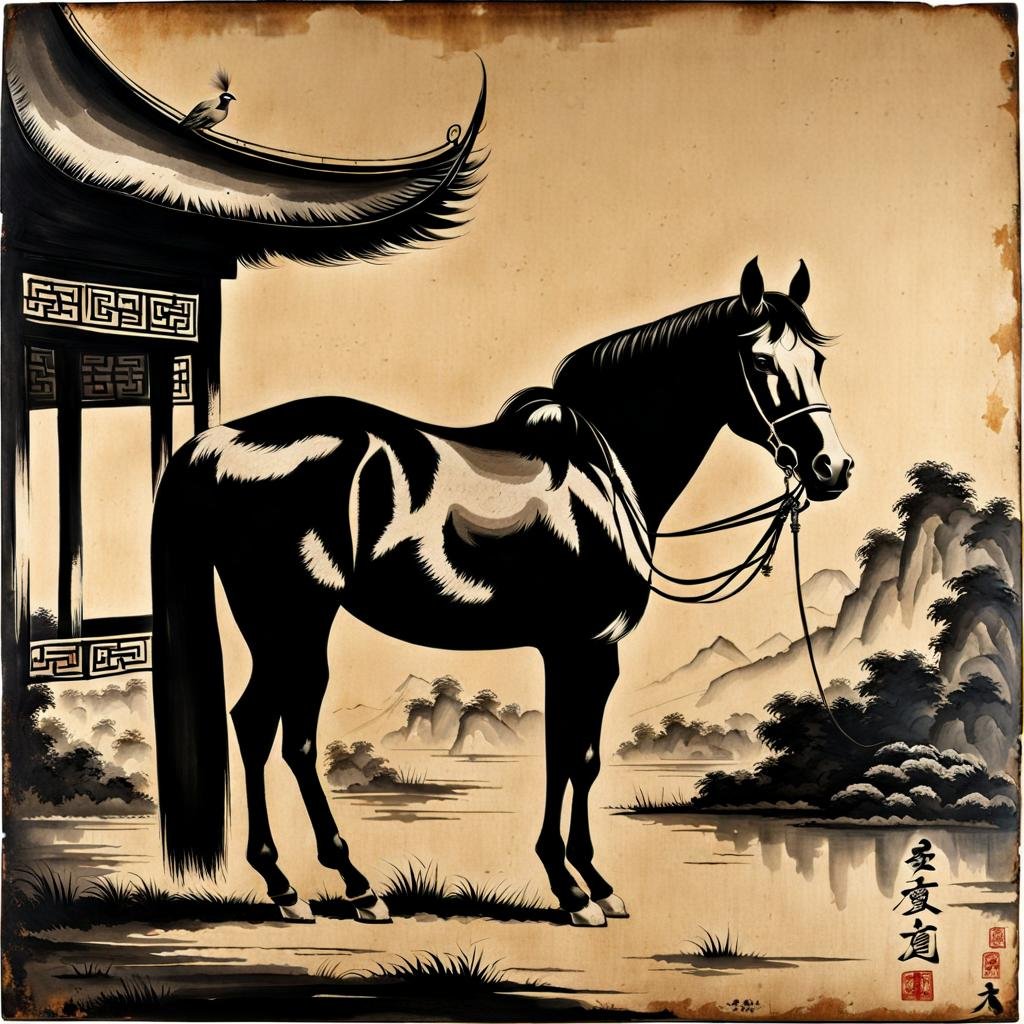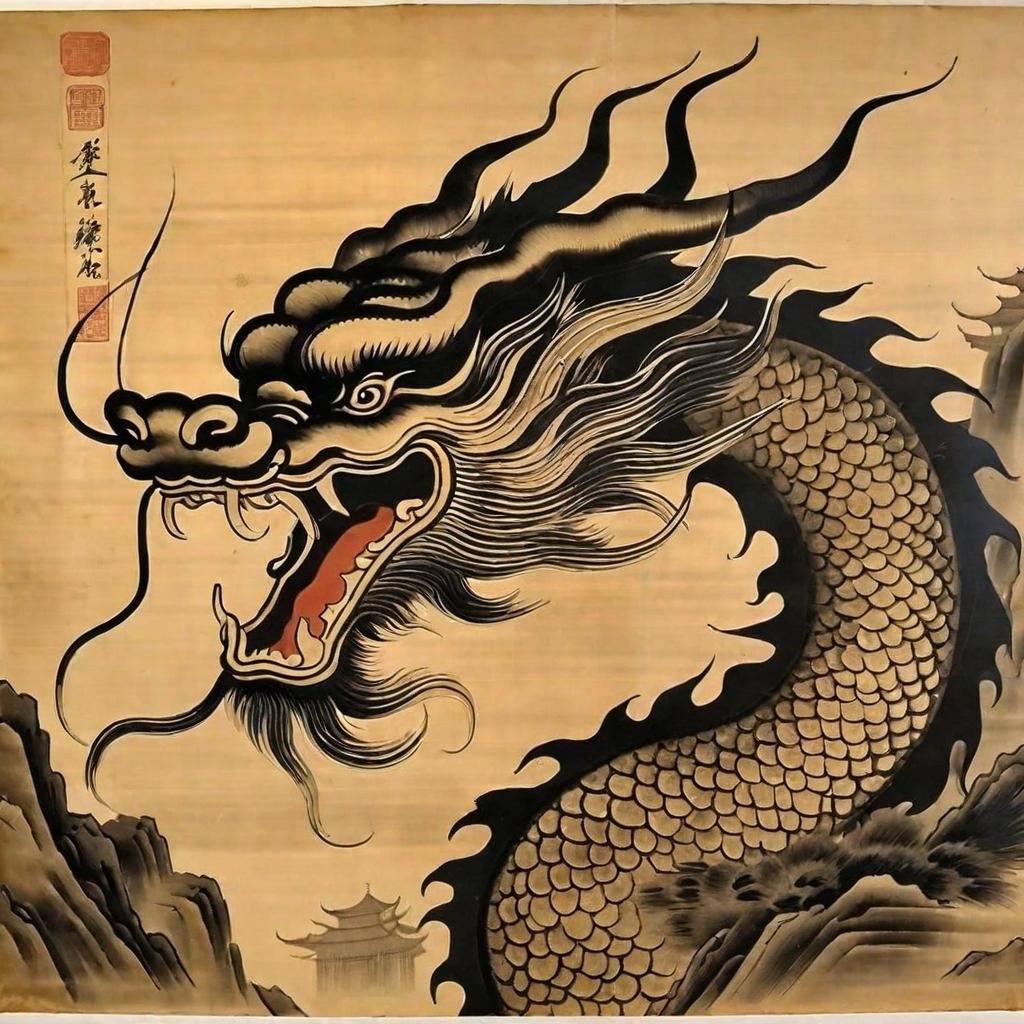
MEDITATIONS: I CHING; THE BOOK OF CHANGES, CANTO TWO
Creation and development through receptivity is beneficial if correct in the manner of a mare.
— I Ching

MEDITATIONS: I CHING; THE BOOK OF CHANGES, CANTO ONE
Working hard by day, cautious by night, even in danger there is no fault.
— I Ching

MEDITATIONS: SUN TZU’S THE ART OF WAR, CHAPTER THIRTEEN
Whether the object be to crush an army, to storm a city, or to assassinate an individual, it is always necessary to begin by finding out the names of the attendants, the aides-de-camp, and doorkeepers and sentries of the general in command. Our spies must be commissioned to ascertain these.
— Sun Tzu

MEDITATIONS: SUN TZU’S THE ART OF WAR, CHAPTER TWELVE
If it is to your advantage, make a forward move; if not, stay where you are. Anger may in time change to gladness; vexation may be succeeded by content. But a kingdom that has been destroyed can never come again into being; nor can the dead ever be brought back to life.
— Sun Tzu

MEDITATIONS: SUN TZU’S THE ART OF WAR, CHAPTER ELEVEN
Now the shuai-jan is a snake that is found in the Chung mountains. Strike at its head, and you will be attacked by its tail; strike at its tail, and you will be attacked by its head; strike at its middle, and you will be attacked by head and tail both.
— Sun Tzu

MEDITATIONS: SUN TZU’S THE ART OF WAR, CHAPTER TEN
If we know that the enemy is open to attack, and also know that our men are in a condition to attack, but are unaware the nature of the ground makes fighting impracticable, we have still gone only halfway towards victory.
— Sun Tzu

MEDITATIONS: SUN TZU’S THE ART OF WAR, CHAPTER NINE
Peace proposals unaccompanied by a sworn covenant indicate a plot.
— Sun Tzu

MEDITATIONS: SUN TZU’S THE ART OF WAR, CHAPTER EIGHT
There are roads which must not be followed, armies which must not be attacked, towns which must not be besieged, positions which must not be contested, commands of the sovereign which must not be obeyed.
— Sun Tzu

MEDITATIONS: SUN TZU’S THE ART OF WAR, CHAPTER SEVEN
The difficulty in tactical maneuvering consists in turning the devious into the direct, and misfortune into gain.
— Sun Tzu

MEDITATIONS: SUN TZU’S THE ART OF WAR, CHAPTER Six
Hence that general is skillful in attack whose opponent does not know what to defend; and he is skillful in defense whose opponent does not know what to attack.
— Sun Tzu

MEDITATIONS: SUN TZU’S THE ART OF WAR, CHAPTER FIVE
The quality of a decision is like a well-timed swoop of a falcon which enables it to strike and destroy its victim.
Therefore the good fighter will be terrible in his onset, and prompt in his decision.
— Sun Tzu

MEDITATIONS: SUN TZU’S THE ART OF WAR, CHAPTER FOUR
To secure ourselves against defeat lies in our own hands, but the opportunity of defeating the enemy is provided by our enemy himself.
— Sun Tzu

MEDITATIONS: SUN TZU’S THE ART OF WAR, CHAPTER THREE
Hence to fight and conquer in all your battles is not supreme excellence; supreme excellence consists of breaking the enemy’s resistance without fighting.
— Sun Tzu

MEDITATIONS: SUN TZU’S THE ART OF WAR, CHAPTER TWO
Thus, though we have heard of stupid haste in war, cleverness has never been seen associated with long delays.
— Sun Tzu

MEDITATIONS: SUN TZU’S THE ART OF WAR, CHAPTER ONE
The art of war is of vital importance to the State. It is a matter of life and death, a road either to safety or to ruin. Hence it is a subject of inquiry which can on no account be neglected.
— Sun Tzu

MEDITATIONS: THE DHAMMAPADA, CHAPTER TWENTY-SIX
As a brahmin worships a ritual fire,
One should respectfully worship
Anyone from whom one might learn
The Dharma of the Fully Self-Awakened One.
— Buddha

MEDITATIONS: THE DHAMMAPADA, CHAPTER TWENTY-FIVE
Anyone who doesn’t cherish as “mine”
Anything of body-and-mind
And who doesn’t grieve for that which doesn’t exist,
Is indeed called a bhikkhu.
— Buddha

MEDITATIONS: THE DHAMMAPADA, CHAPTER TWENTY-FOUR
The craving of a person who lives negligently
Spreads like a creeping vine.
Such a person leaps ever onward,
Like a monkey seeking fruit in the forest
— Buddha

MEDITATIONS: THE DHAMMAPADA, CHAPTER TWENTY-THREE
If you find an intelligent companion,
A fellow traveler
A sage of good conduct,
You should travel together,
Delighted and mindful,
Overcoming all dangers.
— Buddha

MEDITATIONS: THE DHAMMAPADA, CHAPTER TWENTY-TWO
Those who assert what is not true go to hell,
As do those who deny what they’ve done.
Both these people of base deeds become equal
After death, in the world beyond.
— Buddha